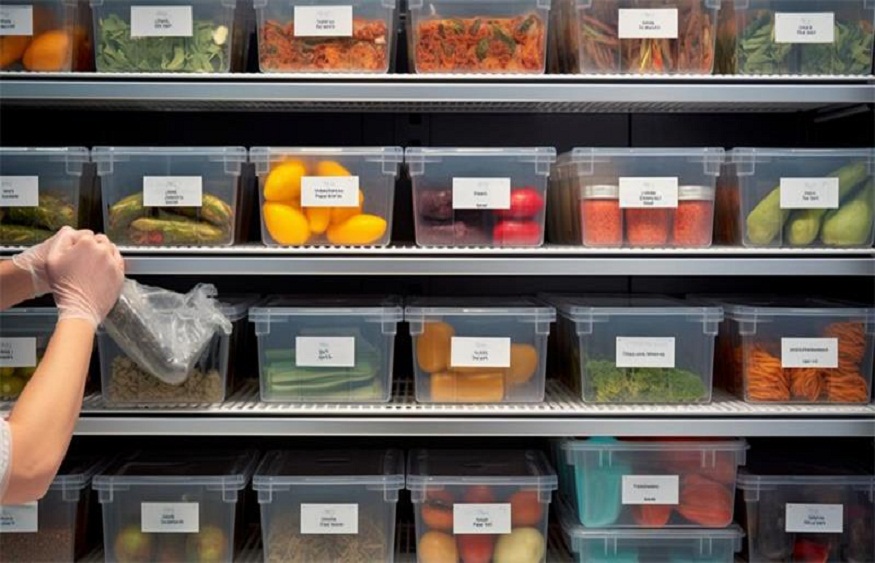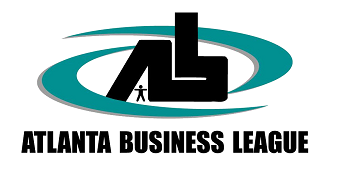A complete guide to the essential role of food labels in safety and quality
 Food labels provide safety and essential information about the quality of the consumed food. Clear and correct labeling offers consumers a platform to make certain choices, reducing the risk of contracting foodborne illness and ensuring understanding of what they consume. Moreover, good printing labels for packages mean a license to comply with the legislation and a way for manufacturers to be on good terms with customers. Only properly labelled products enhance the perception of quality and will lead to repeat purchases. Nowadays, when people are so concerned about their health, one can’t stress enough the need for effective food labels. They guide selecting food that will meet our needs and preferences, ensuring that the food consumed is safe.
Food labels provide safety and essential information about the quality of the consumed food. Clear and correct labeling offers consumers a platform to make certain choices, reducing the risk of contracting foodborne illness and ensuring understanding of what they consume. Moreover, good printing labels for packages mean a license to comply with the legislation and a way for manufacturers to be on good terms with customers. Only properly labelled products enhance the perception of quality and will lead to repeat purchases. Nowadays, when people are so concerned about their health, one can’t stress enough the need for effective food labels. They guide selecting food that will meet our needs and preferences, ensuring that the food consumed is safe.
Understanding the growing importance of clear and honest food labels
The demand for transparency will increase with more awareness about one’s food choices. By ensuring that labels are clear, good sticker label manufacturers and consumers can work together toward a healthier and more sustainable food arena. However, this ensures long-term benefits by improving food consumption.
Building consumer trust
When consumers can more clearly understand what makes up their foods, they have a basis to act with more confidence. Nowadays, trust is a big issue in that misinformation abounds regarding much of the food being sold. Clear labelling enables consumers to make informed choices that match their needs and values concerning health. For instance, a label stipulating its ingredients and nutritional information portrays respect for the consumer’s right to know. Such openness engenders loyalty and makes a brand better. It can develop a strong reputation, increasing sales and customer satisfaction.
Health and wellness promotion
Clear food labelling has contributed a lot to improving the population’s health. People nowadays are very cautious with their health, seeking food to help them in their diets. Correct labelling will enable each individual to identify allergens, nutrients added, and other additives that may affect their health. For instance, someone with an allergy must know whether the product contains nuts, gluten, or dairy. In addition, citizens are increasingly concerned about the nutritional content of their food. If labels indicate how many calories, sugars, or acids are contained in a certain product.
Supporting sustainable practices
Another huge concern for consumers today is sustainability. Labels might also add information regarding organic farming and carbon footprint to guide people toward more sustainable options. This move of transparency in labelling also puts pressure on manufacturers to attain better practices. If consumers are interested in products that are sustainable, a company will have more reasons to change its methods to accommodate the demand for such products. Good labelling informs the consumer, but above all, it leads to better and more responsible practices being adopted within the food industry.
Reduction of food wastage
Clear and honest food labelling will also reduce food waste. When consumers have a better idea about what expiration dates actually mean, they can handle their food supplies more effectively. Clear labelling will help consumers know what is still safe to be eaten. Labels can enhance these decisions by providing information on how to store the food best and the actual, correct shelf life. Accordingly, less food waste could again benefit consumers and the environment. With lower food waste, fewer resources are dedicated to maintaining food production, which allows for a more feasible food system.
Empowerment of consumers’ choices
Clear food labels empower consumers to make choices that further their values. Whether organic or fair trade, honest labelling helps individuals support causes dear to them. This kind of empowerment could agitate market trends and lead to the urge for responsibility taken up by each brand. Informed consumers may discuss issues of food production, relevant policies, and health trends. Education will enable consumers to make good choices for their health and stimulate economies and sustainable practices. Truthful labelling enables consumers to identify the products most suitable for their diet.
Improving food safety
Clear and honest food labelling can greatly enhance food safety. Labels that describe ingredients and processing methods in detail help consumers identify potentially unsafe ingredients. For example, products labelled as containing allergens and additives help sensitive individuals avoid different kinds of harmful ingredients. Proper labelling also plays a role in providing the customer with information on the storage and cooking of food to ensure safety. However, transparency by manufacturers in terms of food safety helps with public health and, at the same time, assures the public about their products.
Encouraging good eating habits
The nutrition information becomes available, and consumers have choices between comparable products, thus enabling better dietary choices. Some labels attempt to communicate to consumers because they benefit from certain ingredients, thinking that listing components like whole grains or vitamins will motivate them to choose healthier options. Additionally, clear labelling will help combat health problems. Food labels should make people more aware of what they consume, encouraging mindful eating. Moreover, consumers can be more capable of a good diet for better health.
Educating consumers
Clear food labels are a teaching tool for the consumer. They provide information on nutrition, ingredient origin, and processing. If consumers can understand what they are eating, they can better understand nutrition and health. It might also encourage a more educated consumer base knowledgeable in food trends such as superfoods or local sourcing. Through education, consumers can make choices that will benefit their health while stimulating local economies and supporting sustainable practices. The honest labelling ensures that consumers can easily identify products that fit their dietary needs.
Strengthening of market competition
Transparent food labelling enhances competition in the market. Hence, brands that invest in good ingredients and practices will have a distinct way of showing through their labels that can attract consumers based on ingredient quality and production practices. This competitive environment fosters creativity and enhancement within the food industry. Food manufacturers are likely to enhance their products, as clear labelling can bring out whatever strengths they may have. Therefore, consumers benefit from an increased variety of quality food choices, which promotes health in the general market.
Final words
Overall, food labels are extremely important in terms of both safety and quality. They provide details about ingredients, nutritional value, dates of consumption, and so on. This transparency helps individuals make informed choices, hence promoting health and reducing the risk of foodborne illnesses with good label in food packaging. For this reason, informative labels in food packaging are decisive these days for consumer trust.



